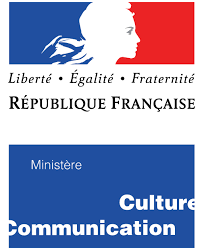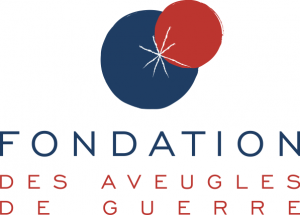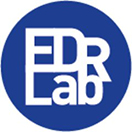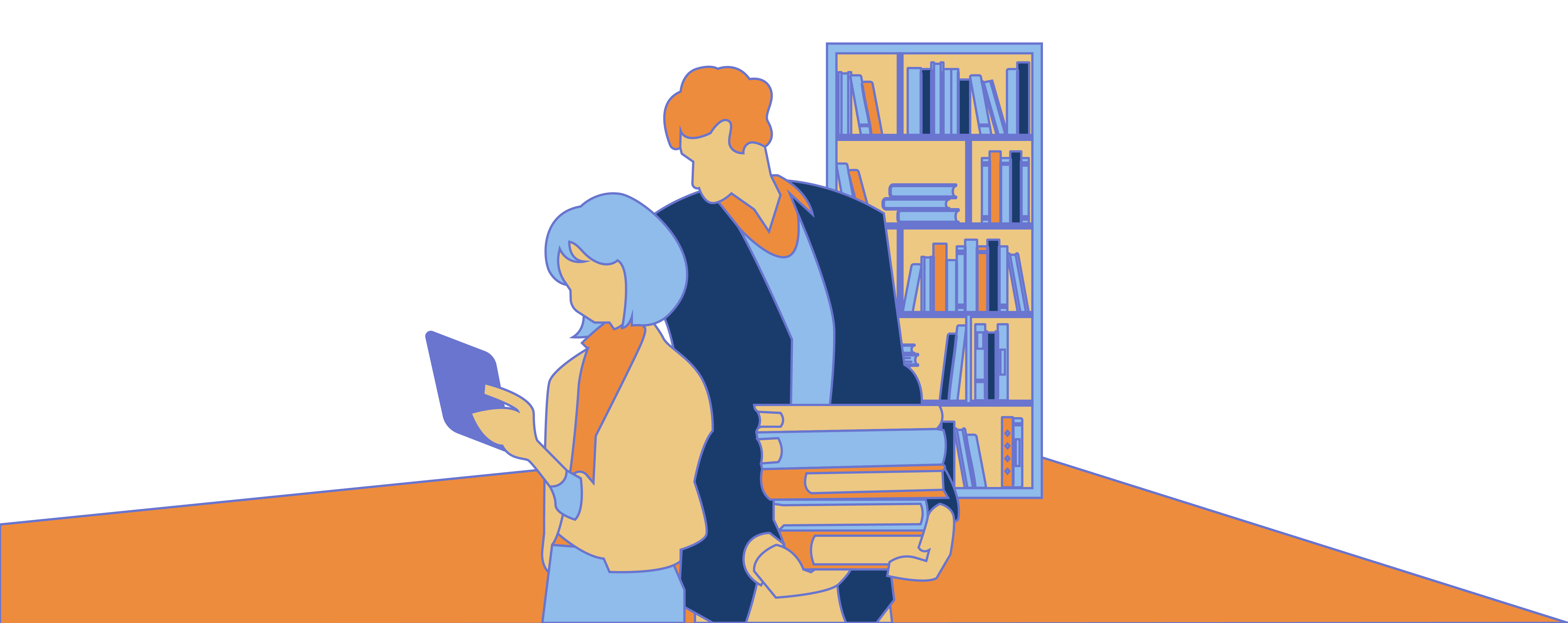Accessibility

Towards Inclusive publishing
It is upsetting that to date, persons with reading disabilities have access to no more than 10% of the yearly book production, from specific adaptations made by inclusive associations: the term “book famine” has been coined some years ago to describe this fact.
Our strategy for a significant increase in the number of books made accessible to people with disabilities is threefold:
- Help publishers produce readily accessible ebooks using EPUB 3; people call it “native accessibility” or “inclusive publishing”.
- Push associations adapting ebooks for visually disabled people to adopt EPUB 3 in parallel with their DAISY production, thus allowing their members to be able to use generic reading applications rather than specialized devices.
- Push makers of “DAISY devices” to adopt EPUB 3 as an alternative format in their software, thus enabling their users to read natively accessible EPUB 3 ebooks.
Since 2016, EDRLab has therefore made the following efforts:
- We are promoting native accessibility of EPUB 3 publications in Europe with success: publishers are now aware of the benefits of making their content accessible, and the low cost involved for doing so.
- We are working with device makers like Bones, Humanware and Shinano Kenshi, Baum, Vinvision … and and promoting the adoption of EPUB 3 as a complement to the DAISY format in their devices.
- We are working with multiple associations to create DAISY publications and promote the adoption of EPUB 3 in parallel.
- We are working on a study on reading helpers for dyslexia at the European level.
- We are developing a new line of EPUB 3 reading software development kit on Android and iOS, with great attention to accessibility (for navigating the application and for accessing EPUB content). We call it the Readium Mobile project.
- We are also developing a new line of EPUB 3 reading software development kit and an end-user application on Windows, Mac, and Linux, also with great attention to accessibility. We call it the Readium Desktop project and the Thorium Reader application.
- We are managing Readium LCP, the only accessibility-friendly DRM on the market.
These efforts are pursued with the full support of our members, including the Association Valentin Haüy (AVH), Braillenet, the Ministère de la Culture, and the Fondation des Aveugles de Guerre in France, plus the Italian LIA Foundation.
EDRLab Documents
Lecture et déficience visuelle (pdf, Fernando Pinto da Silva, December 2018, French). Also inline here.
Rapport de mission accessibilité (pdf, Fernando Pinto da Silva, July 2018, French).
Other reference documents
EPUB Accessibility 1.0, published by the IDPF, 2017, W3C version
EPUB Accessibility Techniques 1.0, published by the IDPF, 2017
Techniques d’accessibilité EPUB 1.0, French translation of the previous, published by the SNE, 2017
WAI-ARIA 1.1 (which defines ARIa roles), published by the W3C, 2017
WGAC 2.1, (which adresses the accessibility of XHTML EPUB resources), published by the W3C, 2018
Accessible Publishing Best Practices: Guidelines for Common EPUB Issues in Plain Language, published by accessiblepublishing.ca, 2019
User Experience Guide for Displaying Accessibility Metadata, published by the W3C as a Draft, 2021
Display Techniques for EPUB Accessibility Metadata, published by the W3C as a Draft, 2021
EPUB Accessibility 1.1, published by the W3C as a Draft, 2021
EPUB Accessibility Techniques 1.1, published by the W3C as a Draft, 2021
Our sponsors for this project:


Other projects
Readium
The Readium projects provide rock-solid, performant building blocks and applications for processing EPUB3 publications. EDRLab is participating to the Readium codebase maintenance and evolution.
EPUB
EPUB, the industry standard for digital publications, is suitable for content authoring, interchange, and distribution. EPUB 3 is based on open technologies used on the Open Web Platform and EDRLab is actively promoting its use in Europe.






 contact@edrlab.org
contact@edrlab.org +33 1 83 64 41 34
+33 1 83 64 41 34
